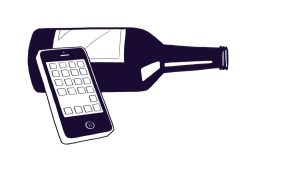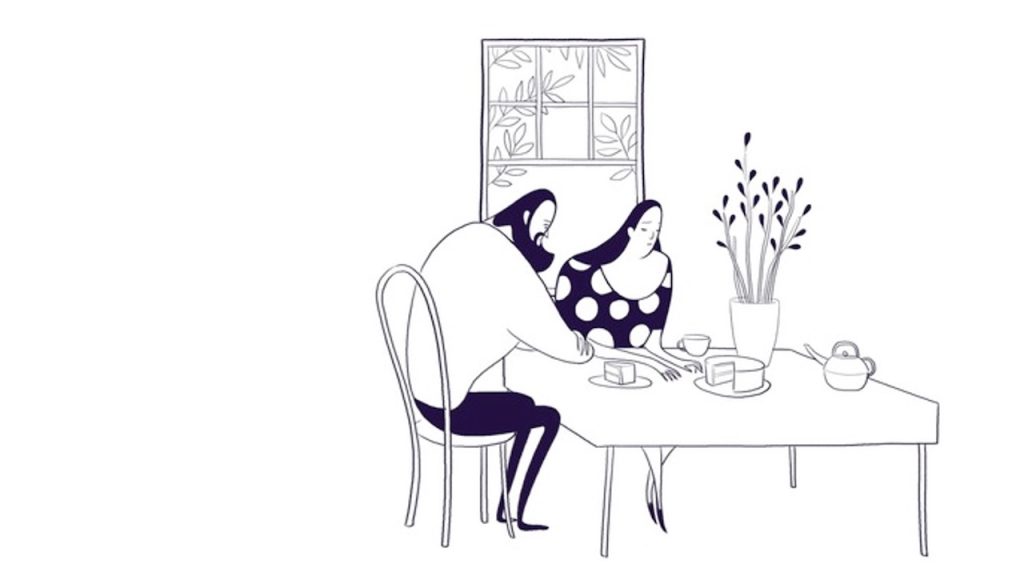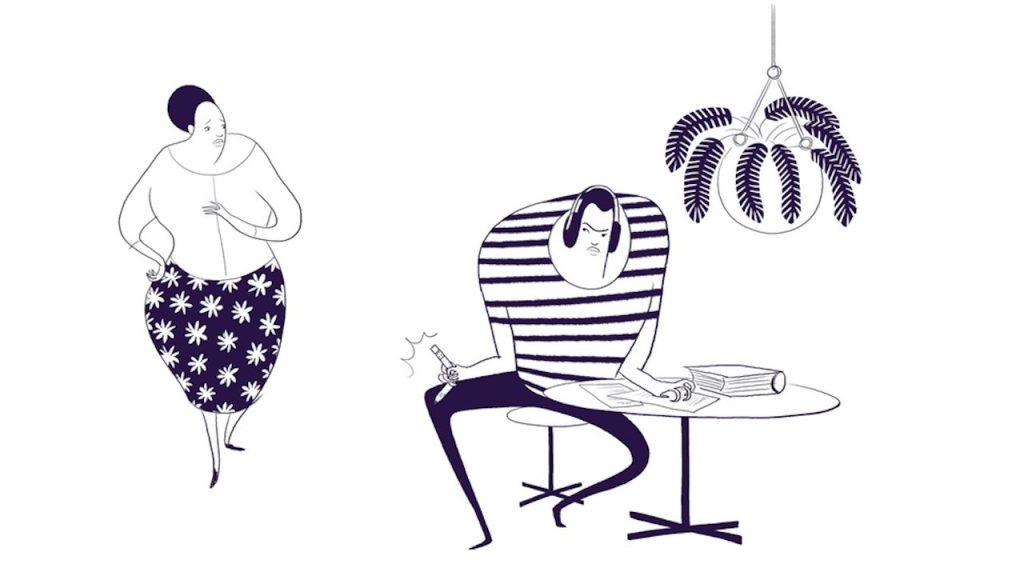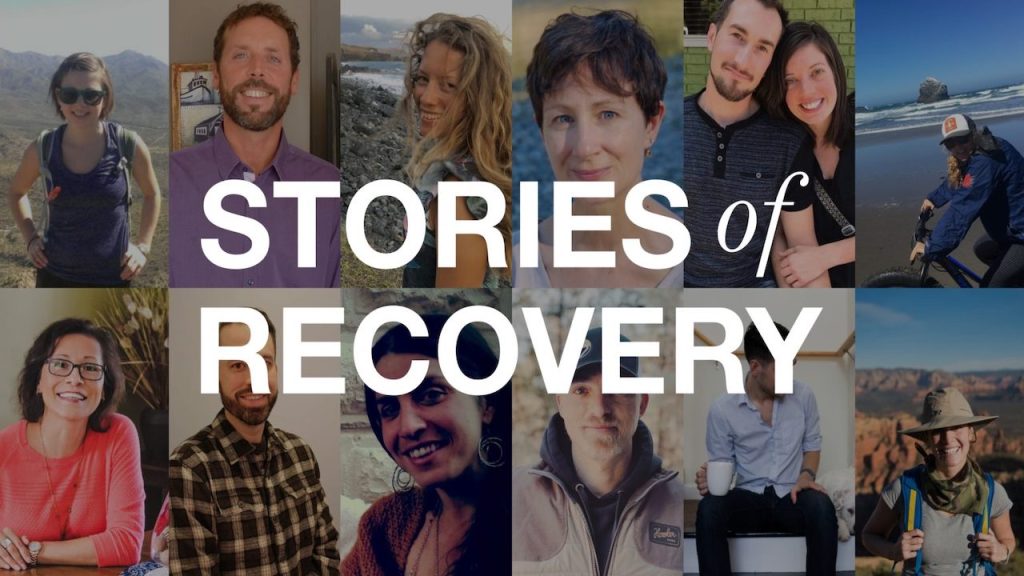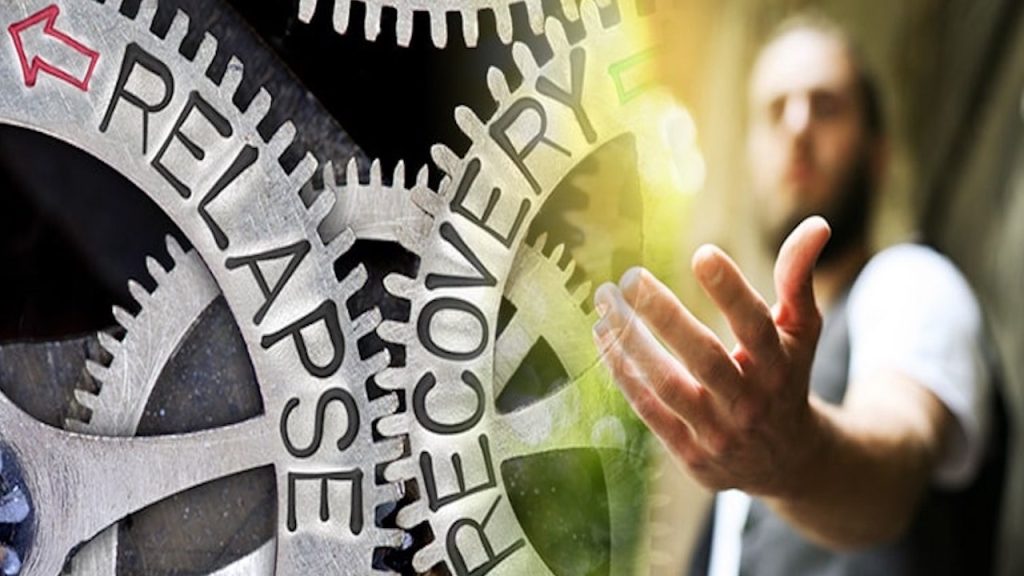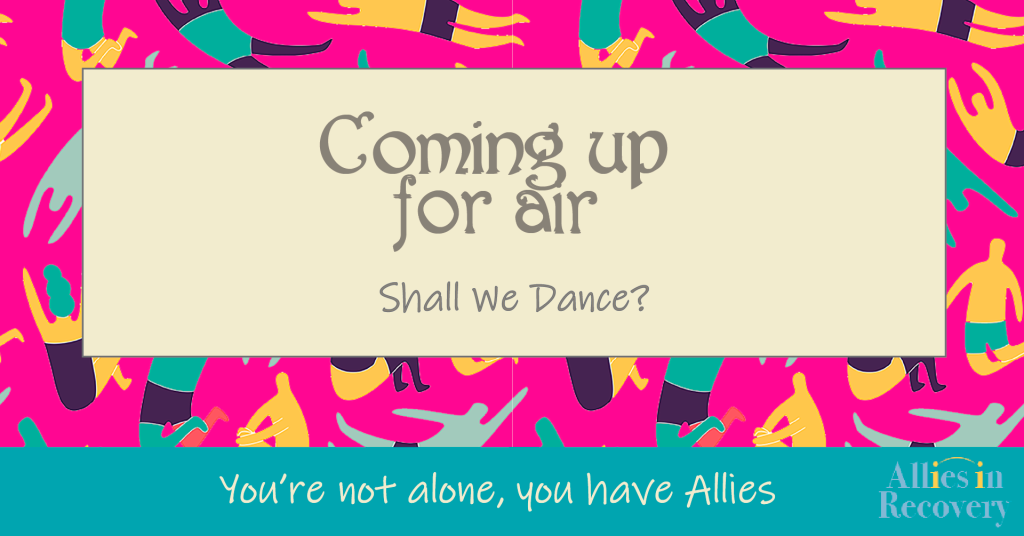Now They’re Stealing and Disappearing…
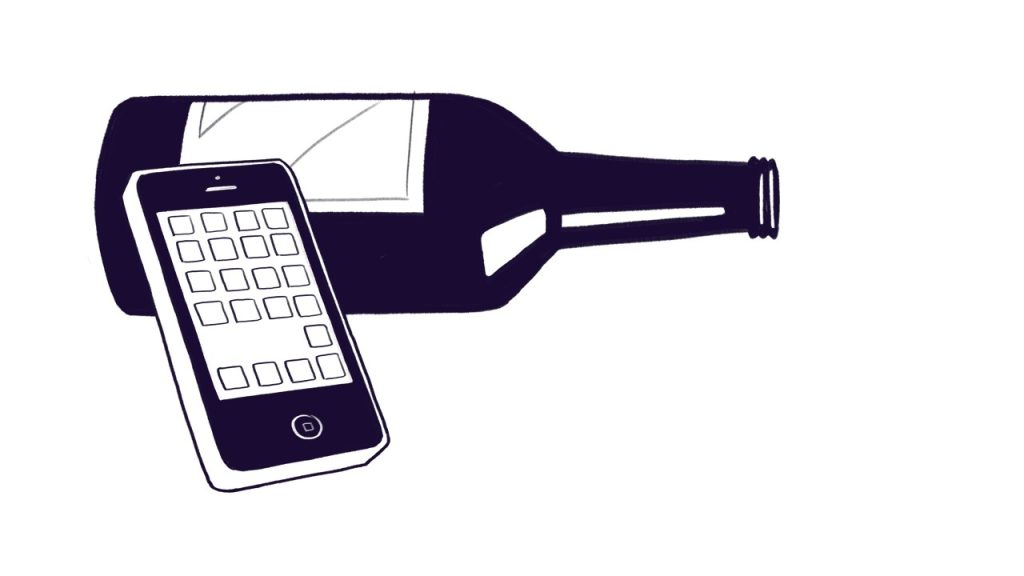
This post originally appeared on our Member Site blog, where experts respond to members’ questions and concerns. To learn more about membership, see our Membership Benefits page.
A mom on Allies in Recovery’s member-only site wrote in about her son’s recent alarming behaviors. Dominique Simon-Levine, Allies in Recovery’s founder, responds below.
“I’m in complete distress. Last week my loved one took some of my money and got high, out of his mind. After that, [he was] clean for a week. Once payday came, [he] took even more money and took off. Haven’t heard from [him] in 3 days. [He has] never just left, with no contact. I don’t know what to do“
It is completely distressing when the progression of drug and alcohol use advances and terrible new behaviors emerge. Your loved one stooped to a new low: stealing and disappearing.
There is a high probability that the situation will worsen. You are surprised and hurt and scared. Take the time you need to get a hold of yourself. Try not to take it personally.
This, sadly, is the face of addiction.
Now, how are you going to respond?
Your loved one is ratcheting up the danger and exhibiting daring behaviors, but this can be turned to your advantage. These are opportunities in a sense. How you greet him when he comes home is in your court and can make a huge difference.
Is the list of treatment options ready? (our member site offers treatment resources). Have you worked to get yourself calmed down?
Script it out. Something like this.
“I was sick with worry. I have barely slept in three days. You took our money and left me without any. I’m glad you’re home safe. When you’re ready, I’d like to talk. I’m going back to my room now.”
Let him withdraw from the drugs/alcohol on his own (not: “it will be all right,” or “what the hell were you thinking?”…)
After the withdrawal..
“I can’t go through this again. My world is getting turned upside down. The problems with the (drug/alcohol) are now severe. I don’t know what else to say. I’ve researched and written down a list of places that can help. Would you be willing to look at this list with me and consider choosing something to try? Perhaps you go even once to see if it might be helpful.”
If he says no, thank him for listening and back away. If he says yes, do everything to help him get there: transport, help with co-pays, etc.
What I’ve laid out here is the principle of how to respond. It is somewhat idealized but it can work. He may disappear again. You may need to repeat your response a couple more times. Please try everything in your power to get yourself calmed down (watch an excerpt from Module 7 on difficult emotions), remember this is not directed at you. This is the face of addiction.
Since 2003, Allies in Recovery has addressed substance abuse in families by providing a method for the family to change the conversation about addiction. We use Community Reinforcement & Family Training (CRAFT), a proven approach that helps the family unblock and advance the relationship towards sobriety and recovery and to engage a loved one into treatment. Learn about member benefits by following this link.


